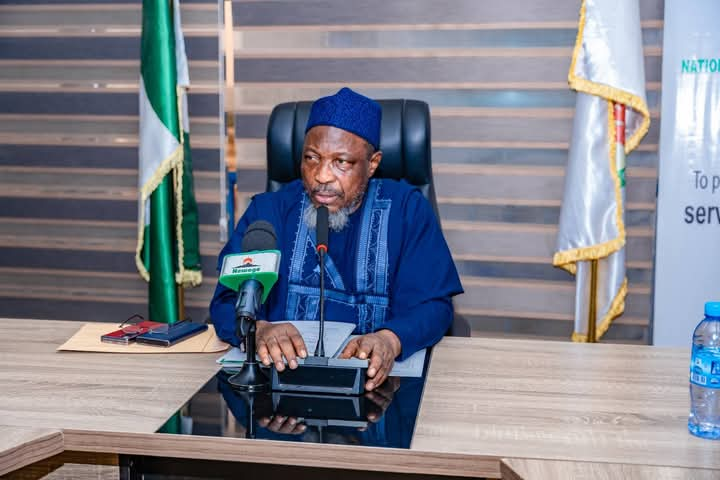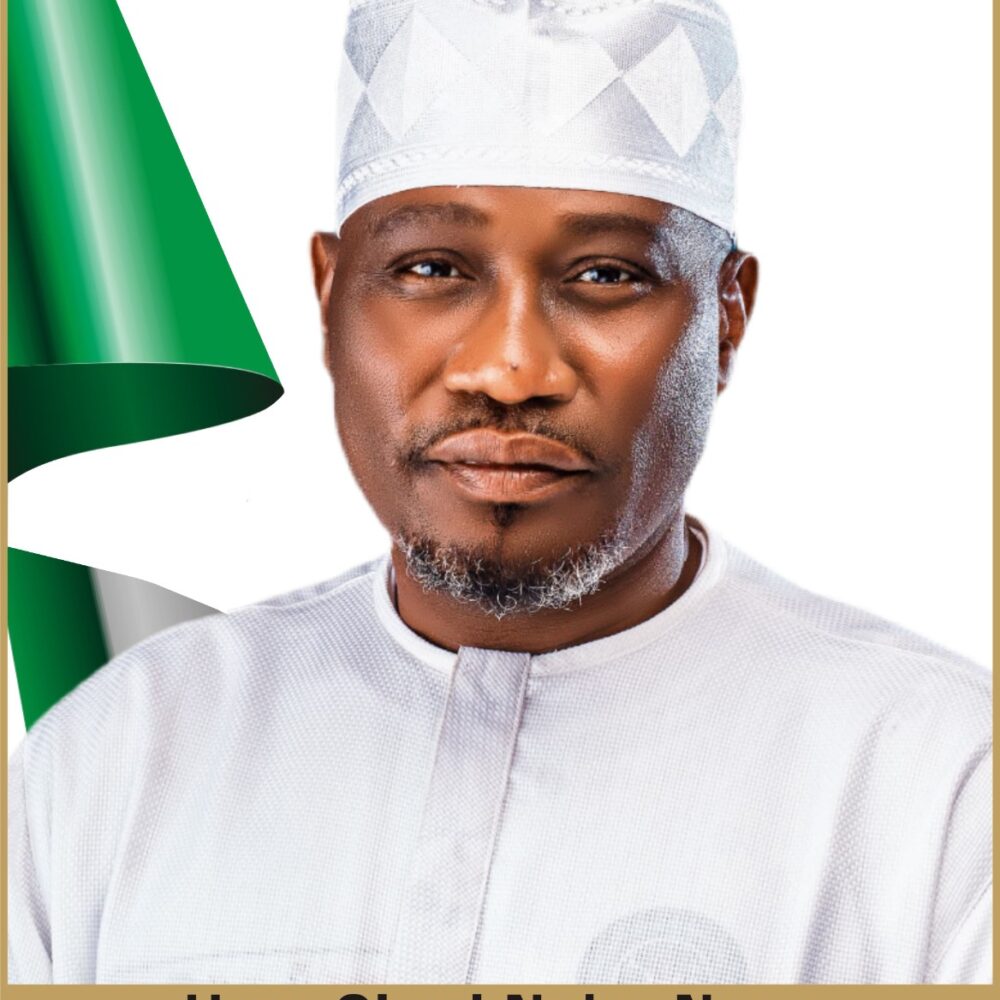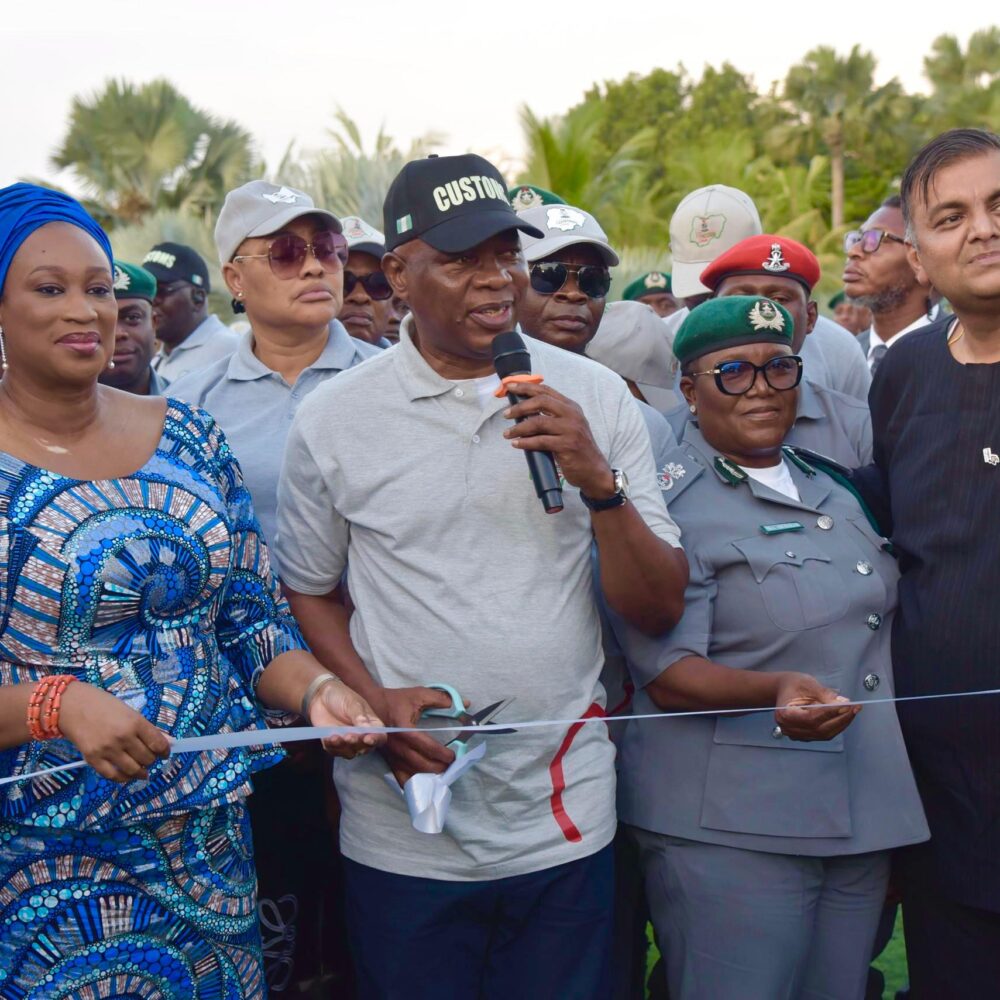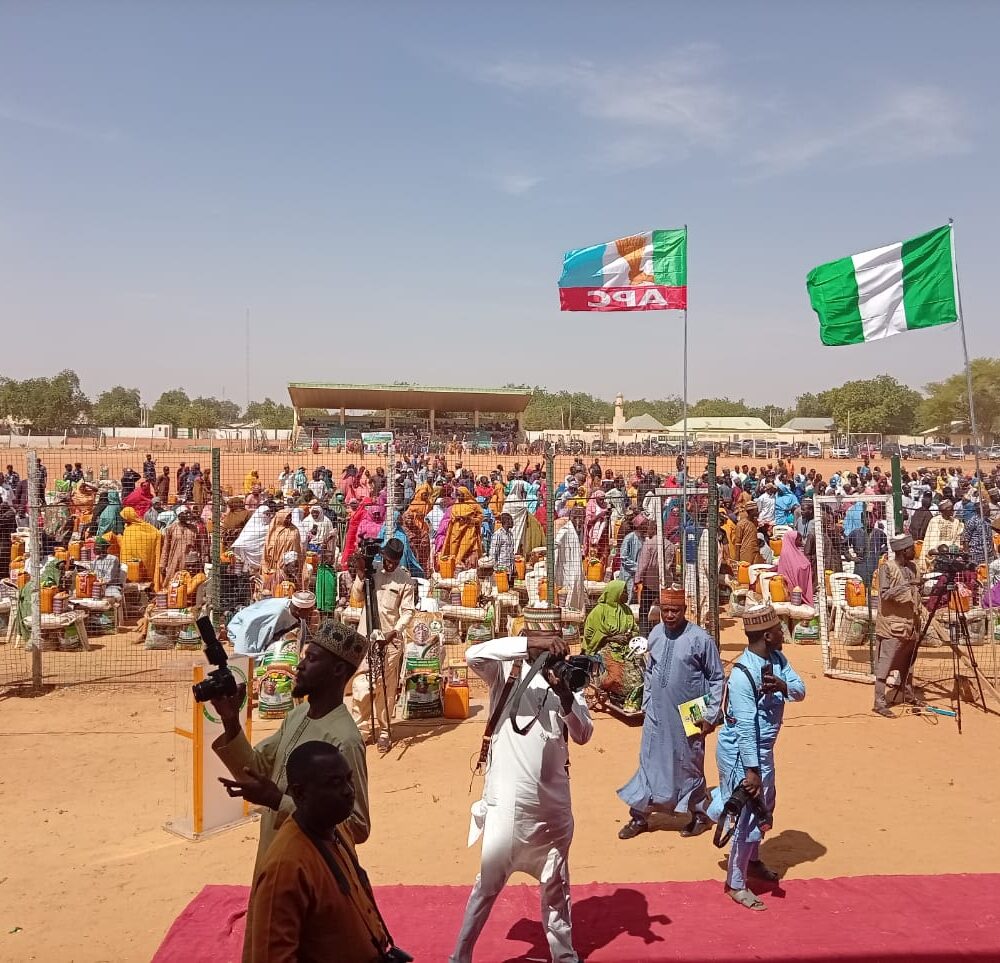The Chairman of the National Hajj Commission of Nigeria (NAHCON), Professor Abdullahi Saleh Usman Pakistan, has commended President Bola Ahmed Tinubu and Vice President Kashim Shettima for their swift intervention in resolving the Basic Travel Allowance (BTA) payment concerns facing intending pilgrims.
Speaking in an interview with Freedom Radio, Kaduna, Professor Abdullahi said the intervention prompted the Central Bank of Nigeria (CBN) to rescind its earlier decision to issue BTA via Automated Teller Machines (ATM) instead of cash.
While acknowledging that innovation is inevitable in a rapidly evolving world, the NAHCON Chairman stressed that the introduction of new systems must be gradual and sensitive to societal realities, particularly cultural backgrounds. He noted that Hajj handlers must proactively address challenges such as the BTA payment method to prevent public outcry, as witnessed last year and this year.
Professor Abdullahi highlighted that most Nigerian pilgrims are rural dwellers who are unfamiliar with banking processes, particularly international transactions. He added that ATM facilities in the holy cities of Makkah and Madinah are grossly inadequate for the millions of pilgrims who converge annually, with only a handful of machines available in most vicinities.
He assured that following this year’s Hajj, NAHCON would convene a stakeholders’ meeting under the guidance of the Vice President to find a lasting solution to the BTA issue.
In a related development, Professor Abdullahi disclosed that the advance team of the National Medical Team of NAHCON, whose leadership committee he recently inaugurated, is scheduled to depart Nigeria for the Kingdom of Saudi Arabia on the 30th of this month.
According to him, the advance team is expected to arrive at least nine days ahead of the first batch of Nigerian pilgrims to ensure they are fully prepared to handle any health challenges upon the pilgrims’ arrival and throughout the Hajj exercise.
He stated that the team’s early arrival is crucial for equipping Nigerian clinics in Makkah and Madinah with necessary drugs and other medical supplies. Furthermore, essential drugs not available or manufactured in Saudi Arabia but critical to Nigerian pilgrims’ needs would be freighted from Nigeria.
Professor Abdullahi reaffirmed NAHCON’s commitment to leaving no stone unturned in safeguarding the wellbeing and comfort of Nigerian pilgrims during Hajj. He urged pilgrims to disclose any pre-existing health conditions for proper documentation, data collation, and provision of necessary medications or professional advice.
He further called on State Pilgrims Welfare Boards, agencies, and commissions to educate pilgrims about the forecasted heatwave during this year’s Hajj and advised them to avoid unnecessary exposure to the sun to prevent heatstroke.





